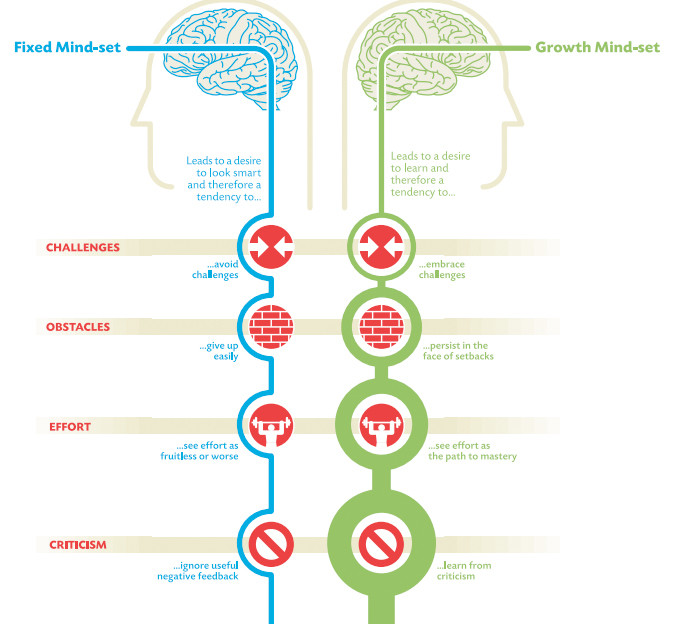Being a better leader doesn't have to be that hard

Being a better leader has so many benefits it helps drive better results, helps increase employee retention, and it reduces stress levels. The more you lead, the less you will have to manage, and it's management that raises the stress levels, not only for your team but also for yourself. Management is hard, some days it can feel like trying to push an elephant up a steep incline, and if you get it wrong, that elephant will roll right over you and end up back at the bottom of the hill and then you have to start all over again.
Here are five simple habits that you can look to adopt that will help you become a better leader:
Be Engaged
Around 70% of employees are either disengaged or actively disengaged, and this put a big strain on the leadership which has to motivate and cajole them to try and achieves the desired results.
Interestingly according to similar studies on management, the levels of engagement of leaders is at or around the exact same levels.
Coincidence? I don't think so.
It's impossible to engage people when you're not engaged yourself, and if you're not engaged then why should they be.
Engagement is infectious if you start to show more interest, and more involvement this will have a positive knock-on effect on your teams. Engaged teams are much easier to motive, require less management and achieve higher productivity levels.
Be Nice
It's nice to be important, but it's important to be nice. That might be a bit of a cliche, but it doesn't stop it from being true. People like to do business with people who they know like and trust, and being nice to people helps increase your likability rating.
I know we are all under strict time pressures, but you will get better results from being courteous than you will from being curt.
People remember how you treat them
Take An Interest
Showing an interest in your staff shows that you respect and value them. Too many bosses take no interest or even worse show a disdain for their staff, but this just increases their disengagement.
When you ask questions, either personal or business related, it helps build the connections between you and your team, and it will increase their respect for you. I suggested this to one boss I worked with, and he said he would like to but didn't know what to say or ask.
Just start with "How is it going?" or "What do you think?" and then just listen.
Be Yourself
People can spot a phony from a mile away, and it just creates a feeling of distrust and a lack of trust kills your ability to lead. I'm a big fan of authentic leadership, but when we use labels like that, it makes it sounds more difficult to do than it should be.
Just be true to yourself, don't try to put on airs and graces or pretend to be something your not.
Admit your mistakes
If you make a mistake then just admit it, apologize if necessary and then move on. Admitting your mistakes shows humility, and a willingness to be vulnerable and your teams will appreciate that.
It shows that you accountability for your mistakes and that will encourage them to do the same.
When you become a better leader, it will have positive benefits for both your company, your teams and also for you and by adopting these simple habits you will start to see improvements in your leadership immediately.

